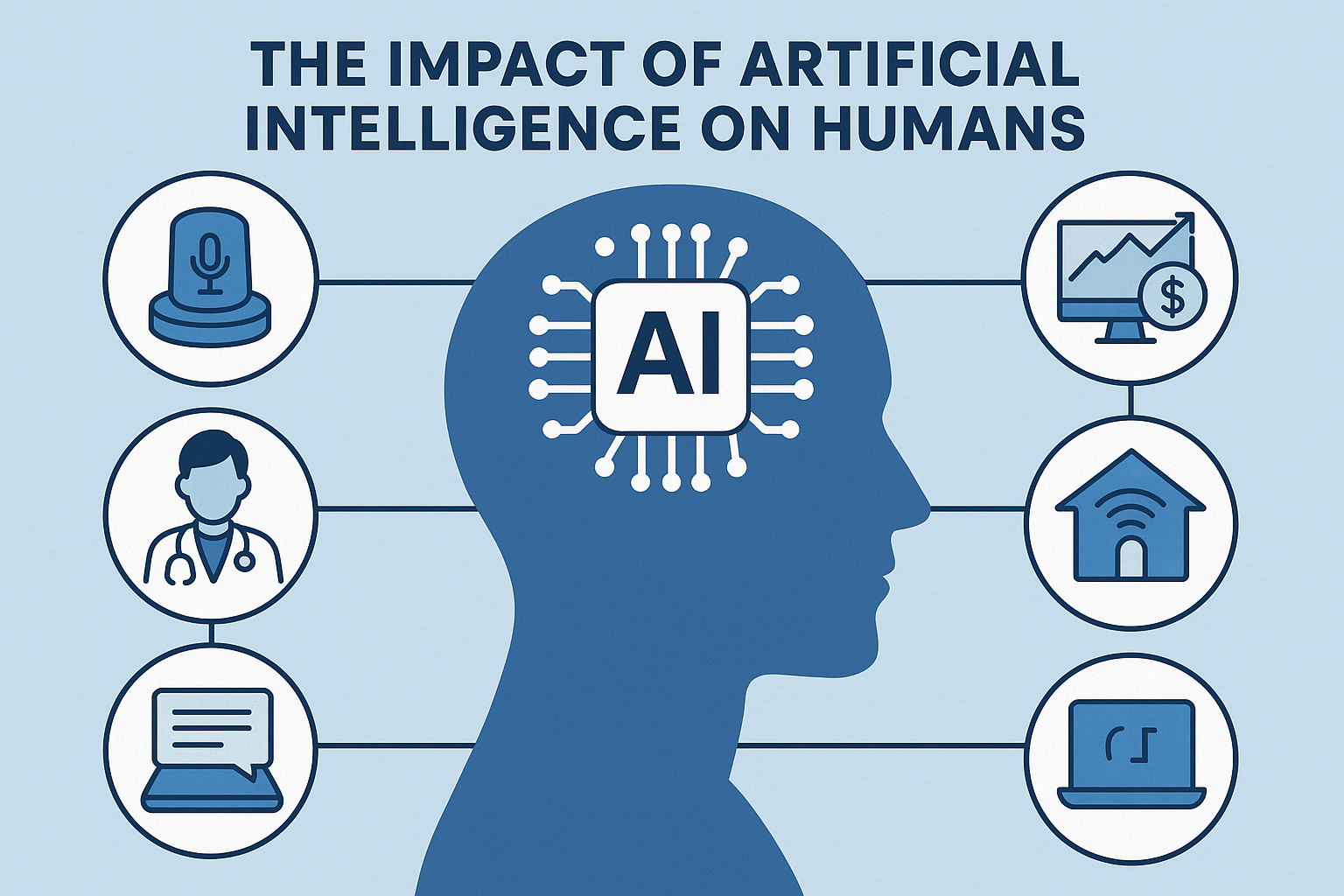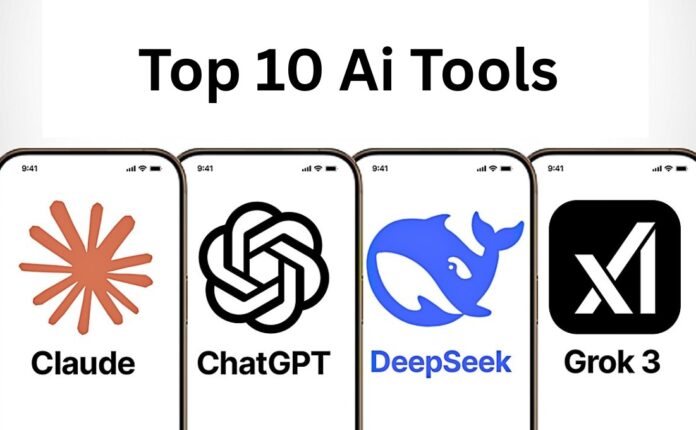Artificial Intelligence (AI) has rapidly transitioned from science fiction to everyday reality. Today, AI isn’t just powering smartphones and voice assistants—it’s revolutionizing how humans live, learn, work, and interact with technology. But how exactly is AI impacting humanity? Is it a threat or a tool for progress?
Let’s explore the wide-ranging impact of Artificial Intelligence on human life and society.
Artificial Intelligence (AI) has rapidly become a core part of human life, transforming industries and reshaping how we live, work, and think. In healthcare, AI assists in diagnosing illnesses with remarkable accuracy. In education, it helps students learn through personalized platforms that adapt to individual needs. From smart assistants like Siri and Alexa to advanced algorithms that predict traffic or shopping behavior, AI is making our daily tasks easier and more efficient. However, this growth also brings challenges such as job displacement, ethical dilemmas, and concerns over data privacy. As machines become more intelligent, humans must evolve—by learning new skills, adopting new technologies, and developing policies that ensure AI benefits everyone. The balance between automation and human involvement is crucial for a sustainable future. Understanding these shifts is not just for tech experts; it’s essential for students, entrepreneurs, and professionals alike. To explore more on how AI is influencing human behavior, industries, and future opportunities, visit this detailed article on Artificial Intelligence and Human Impact. It dives deeper into how AI is integrated into daily life and what we can expect as this powerful technology continues to evolve.
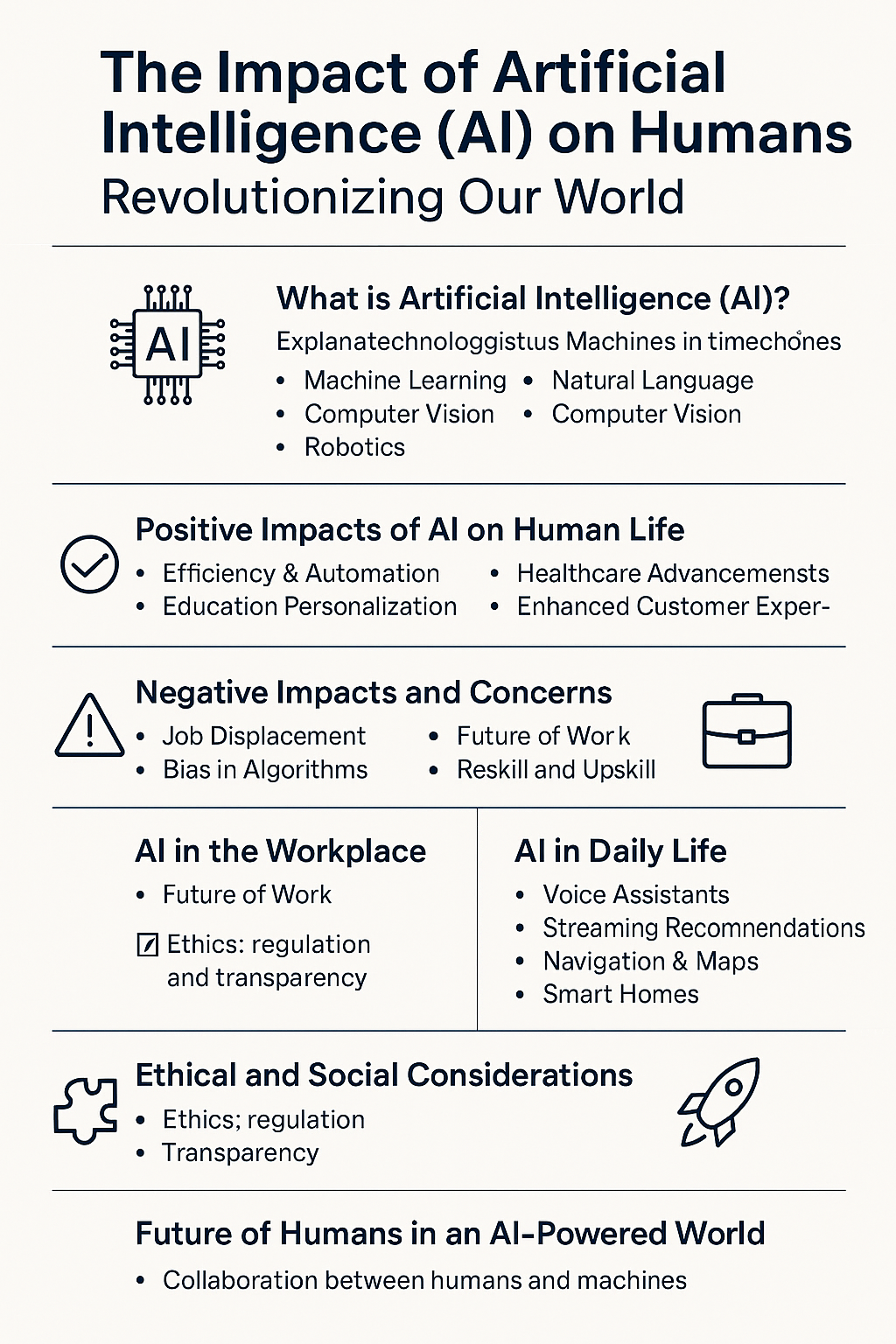
What is Artificial Intelligence (AI)?
AI refers to the simulation of human intelligence in machines that are programmed to think, learn, and make decisions. It includes technologies like:
- Machine Learning (ML)
- Natural Language Processing (NLP)
- Computer Vision
- Robotics
From autonomous vehicles to ChatGPT, AI is changing how tasks are performed across every industry.
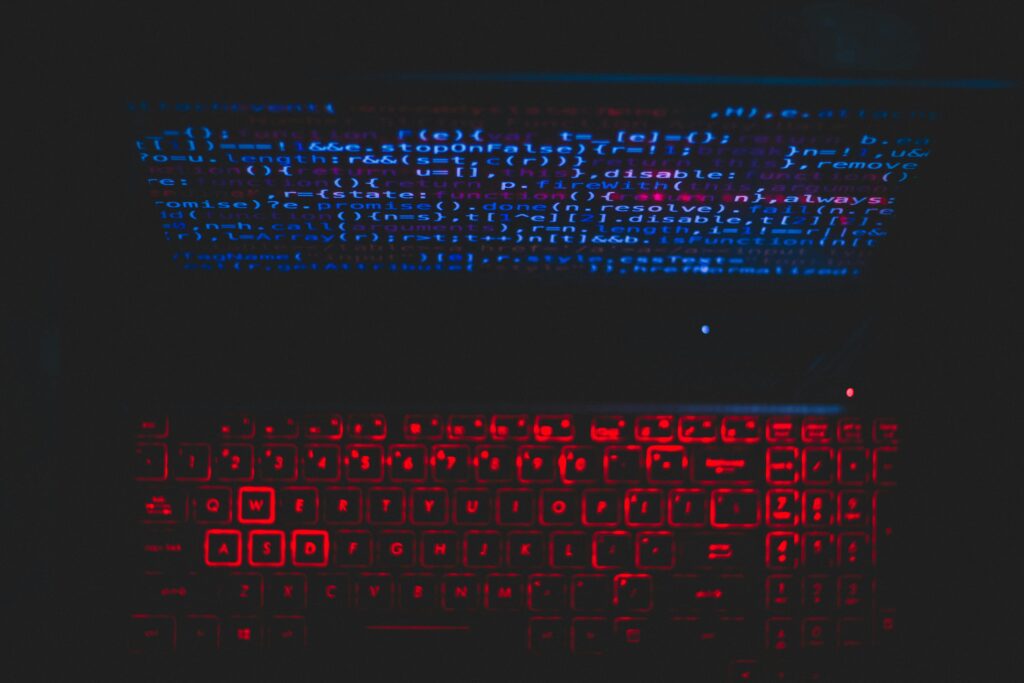
Positive Impacts of AI on Human Life
1. Efficiency & Automation
AI handles repetitive tasks faster and more accurately than humans, improving productivity across sectors like manufacturing, logistics, and IT.
2. Healthcare Advancements
AI assists in early disease detection (e.g., cancer, Alzheimer’s), drug discovery, robotic surgeries, and personalized patient care.
3. Education Personalization
Smart learning platforms adapt content to a student’s ability, helping teachers identify strengths and weaknesses.
4. Enhanced Customer Experience
Chatbots and AI-driven support reduce wait times and offer 24/7 assistance in e-commerce, banking, and travel.
5. Smart Cities & Infrastructure
AI is helping build smart traffic systems, improve energy efficiency, and monitor public safety using data analytics.
Negative Impacts and Concerns
Despite the benefits, AI also presents risks:
- Job Displacement: Automation threatens low-skilled jobs in manufacturing, transport, and retail.
- Bias in Algorithms: Poor data can result in unfair decisions in hiring, lending, or law enforcement.
- Data Privacy: AI relies heavily on personal data, raising security and surveillance concerns.
AI in the Workplace
AI is reshaping the future of work. While some roles are being automated, AI is also creating new jobs:
- AI engineers
- Data analysts
- Prompt engineers
- Automation specialists
The human workforce must reskill and upskill to stay competitive in an AI-driven economy.

AI in Daily Life
AI touches our lives more than we realize:
- Voice Assistants: Alexa, Google Assistant
- Streaming Recommendations: Netflix, YouTube, Spotify
- Navigation & Maps: Google Maps using AI to avoid traffic
- Smart Homes: AI controls lighting, security, and appliances
AI is not a future idea—it’s in your pocket, home, and workplace today.
Ethical and Social Considerations
As AI becomes more powerful, ethical issues become more urgent:
- Should machines make life-or-death decisions?
- How do we prevent racial or gender bias in AI systems?
- Can humans maintain control over autonomous systems?
Tech giants and governments are now pushing for AI ethics, regulation, and transparency to ensure responsible use.
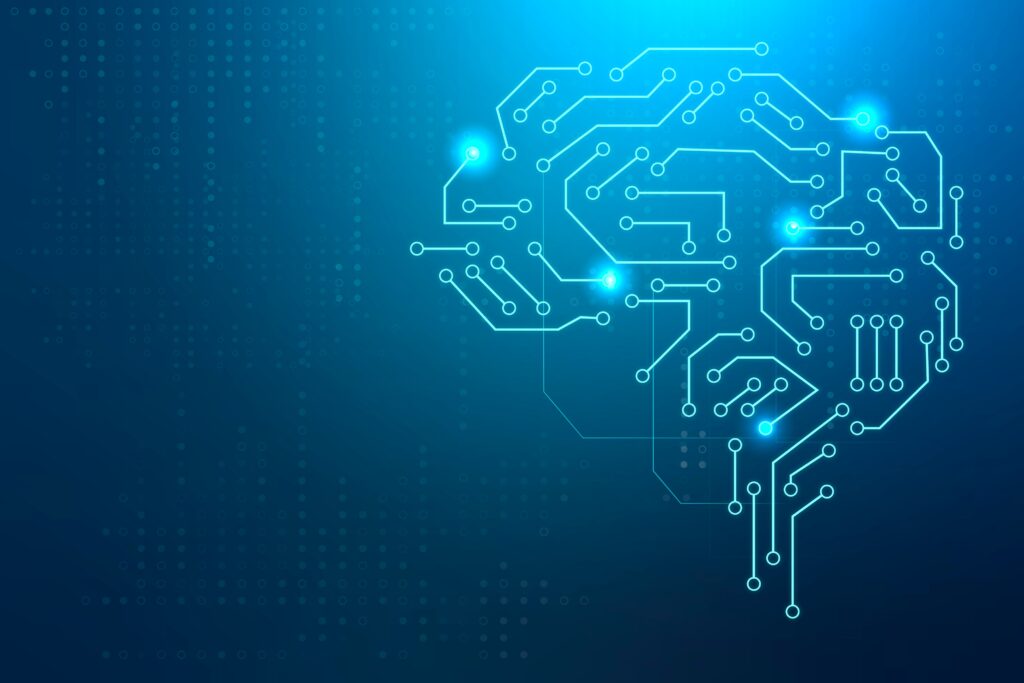
Future of Humans in an AI-Powered World
The future will depend on collaboration between humans and machines. Rather than fearing AI, we must embrace it as a tool that augments our intelligence, solves complex problems, and improves quality of life.
By investing in education, innovation, and ethics, humanity can ensure that AI benefits all and harms none.
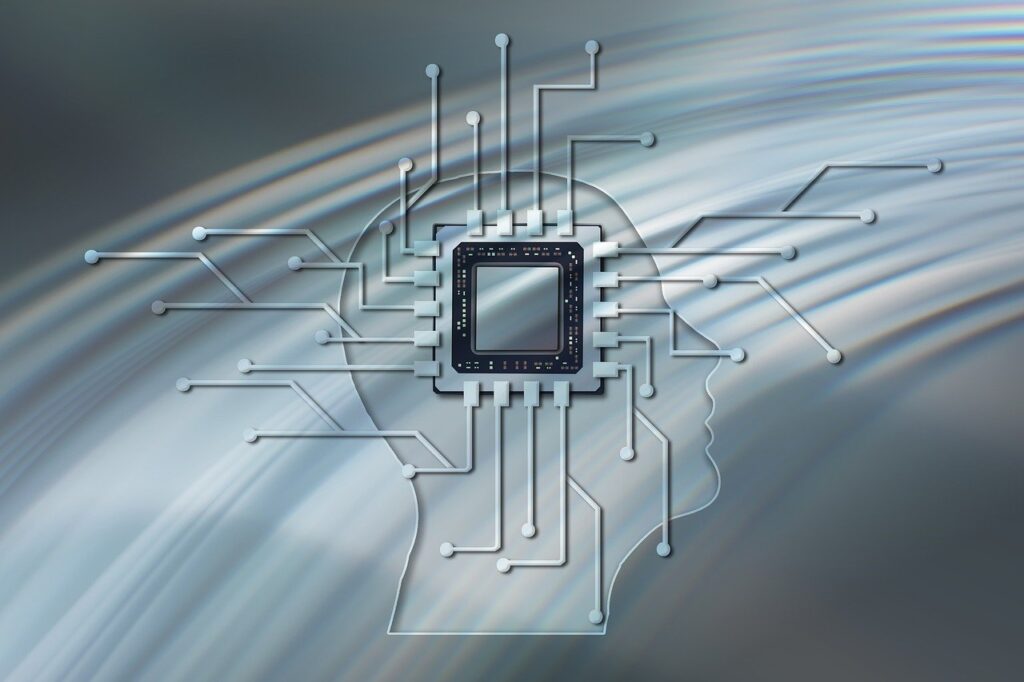
Final Thoughts
Artificial Intelligence is not just a trend it’s a transformation. While it brings challenges, it also unlocks massive opportunities. By understanding AI’s impact on humans, we can better prepare for a future where machines supportno t replace human potential.
Internal Link Suggestion:
- ChatGPT & AI in 2025: Revolutionizing the Future of Work, Business & Creativity
- Top 10 AI Tools for Professionals in 2025
External Link Suggestion:
- World Economic Forum on AI and Jobs
- MIT Technology Review on AI Ethics
Key Points:
Positive Impacts
- Boosts productivity through automation
- Enhances healthcare diagnostics and treatment
- Personalizes education and learning experiences
- Improves customer service via chatbots
- Helps manage traffic and energy in smart cities
- Enables real-time language translation and accessibility tools
Challenges and Risks
- Displaces low-skill jobs through automation
- Raises ethical concerns and biases in AI decisions
- Increases dependency on machines
- Threatens data privacy and security
- Requires constant monitoring and regulation
In the Workplace
- Automates repetitive and dangerous tasks
- Assists in data analysis and strategic decision-making
- Creates new tech-driven job roles (e.g., AI trainers, data scientists)
- Demands upskilling and continuous learning
In Daily Life
- Powers virtual assistants (Siri, Alexa, etc.)
- Suggests content on Netflix, Spotify, and YouTube
- Enables smart homes and appliances
- Assists navigation and real-time translation
Ethical & Social Considerations
- Need for transparent algorithms and fair AI policies
- Importance of inclusive datasets
- Public awareness of AI usage and its impact
The Future of AI & Humans
- Collaboration between humans and intelligent systems
- Shift from manual labor to creative and strategic roles
- Integration of AI into every industry and lifestyle
If you’re curious to learn more about how Artificial Intelligence is shaping the future—or if you have any questions about how AI can impact your career, business, or daily life—don’t hesitate to explore additional insights and resources. For expert breakdowns, AI trends, and real-world applications, visit Unfite.site today. Whether you’re a student, entrepreneur, or tech enthusiast, this platform offers valuable content designed to help you stay informed and ahead in the AI-driven world.
